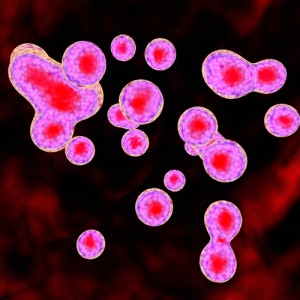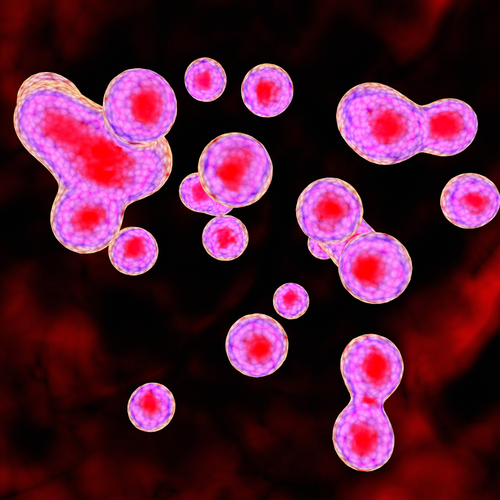 A biomarker associated with basal-like breast cancer, a highly aggressive carcinoma resistant to several types of chemotherapy, has been uncovered by researchers at Northwestern University, Illinois.
A biomarker associated with basal-like breast cancer, a highly aggressive carcinoma resistant to several types of chemotherapy, has been uncovered by researchers at Northwestern University, Illinois.
Signal transducer and activator of transcription 3 (STAT3), a latent transcription factor associated with inflammatory signaling and innate and adaptive immune responses, is known to be abnormally activated in different types of cancers.
So far, in vitro analysis of STAT3 in human cancer cell lines had uncovered a number of targets correlated with a poor prognosis in breast cancer, however no comparison of cancer subtype and gene expression associated with STAT3 signaling in human patients had been preformed.
The study, entitled “Bioinformatic analysis reveals a pattern of STAT3-associated gene expression specific to basal-like breast cancers in human tumors” and published in the Proceedings of the National Academy of Sciences of the United States of America (PNAS) used data from 825 breast cancer patients taken from The Cancer Genome Atlas and applied specialized bioinformatics to detect patterns of gene expression in two cancer subtypes.
The team found 84 STAT3-regulated genetic signatures common to basal-like breast cancers but not to luminal cancers. Also, the differentially expressed genes were found to be associated with immune signaling and inflammation, phenotype of basal-like cancers. Different visible patterns of common gene expression were found in the basal-like cancers but again, not in the luminal cancers.
“This opens up the possibility that cancer subtype-specific signaling is driven by STAT3 and that STAT3 inhibitors may be more effective in patients diagnosed with basal-like cancers than in those with luminal cancers,” Dr. Curt M. Horvath, co-author of the study said in a University’s press release.
Currently, no pills or injections are available that target STAT3 in breast cancer patients, however these results could encourage clinical studies aimed to design new STAT-3 inhibiting drugs.
[adrotate group=”3″]
“You can’t treat breast cancer as one disease. Cancer describes many molecular processes that have gone wrong. We have teased out from large amounts of data that STAT3 activity correlates with distinct patterns of gene expression in one type of breast cancer but not in another,” Dr. Horvath also added in the press release.
Even though The Cancer Genome Atlas is an extremely rich and growing database of publicly available data, these results are still based on statistical analysis and the findings need to be further verified in the laboratory and through clinical experiments, an idea already being planned together with scientists at the Robert H. Lurie Comprehensive Cancer Center of Northwestern University.

